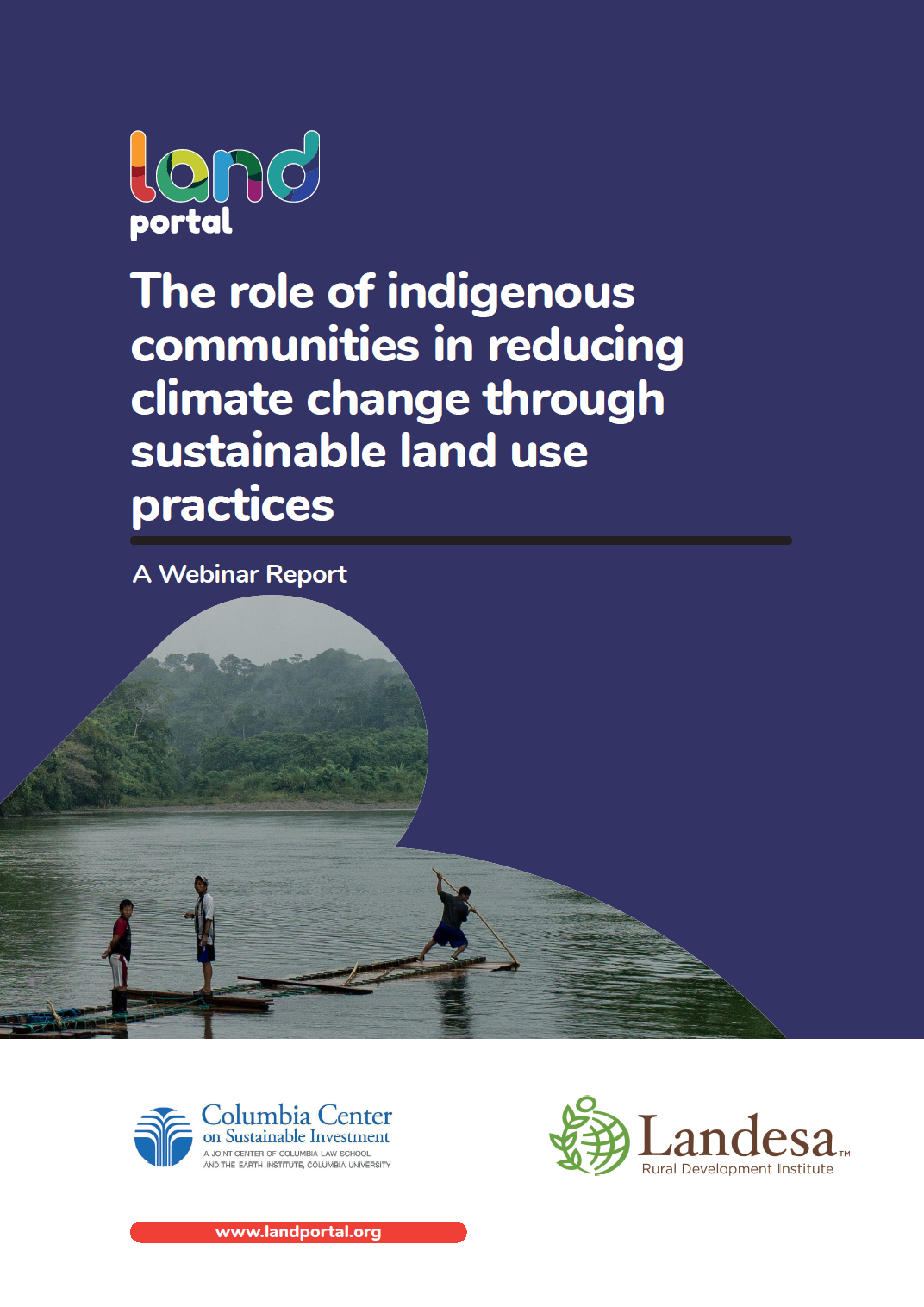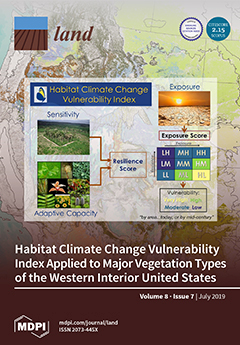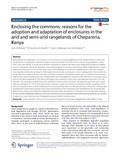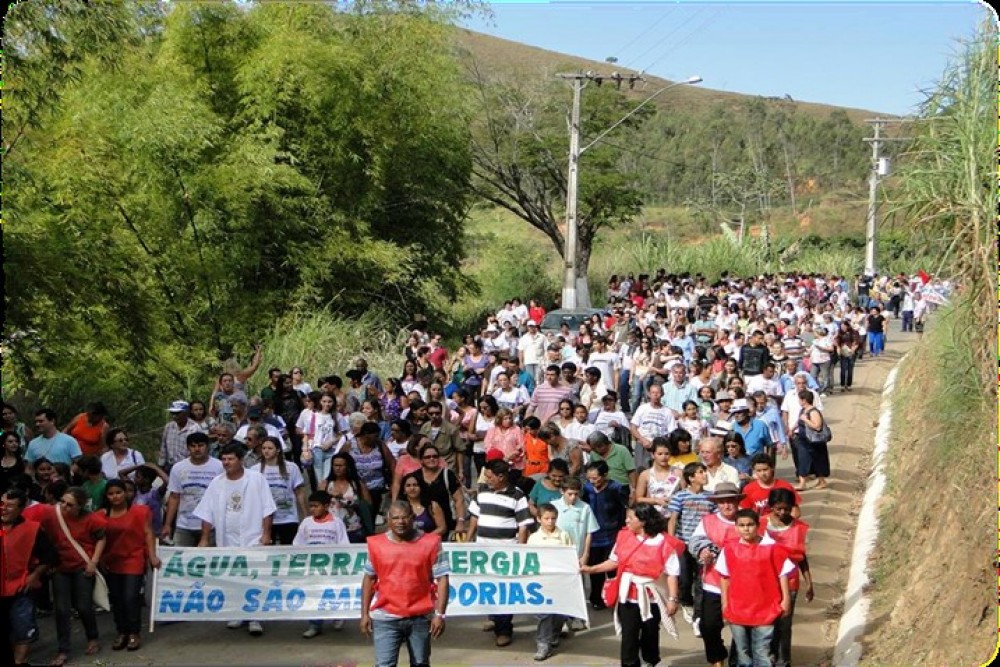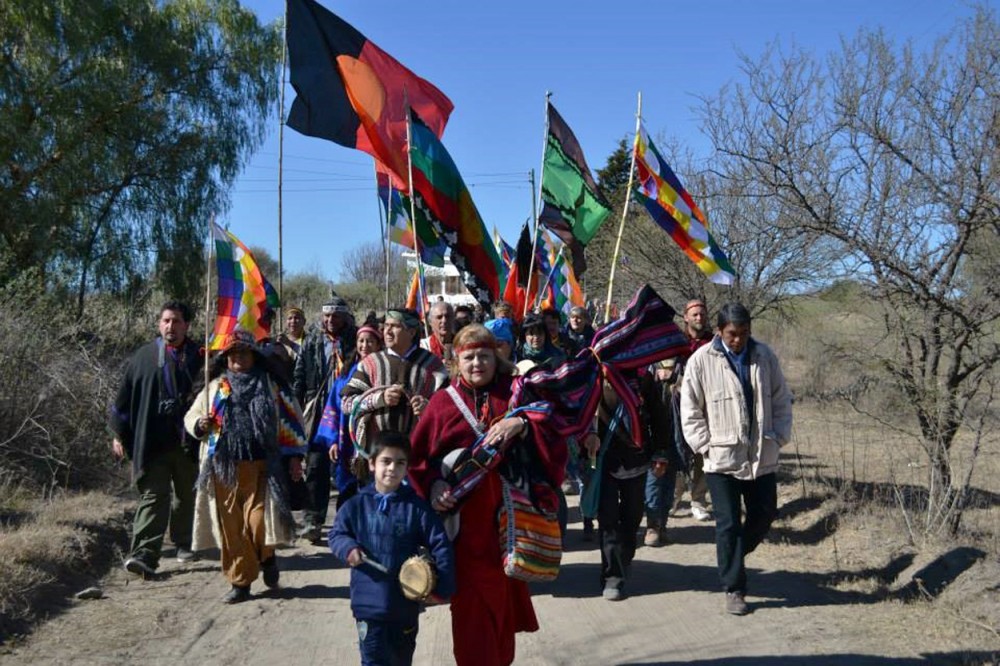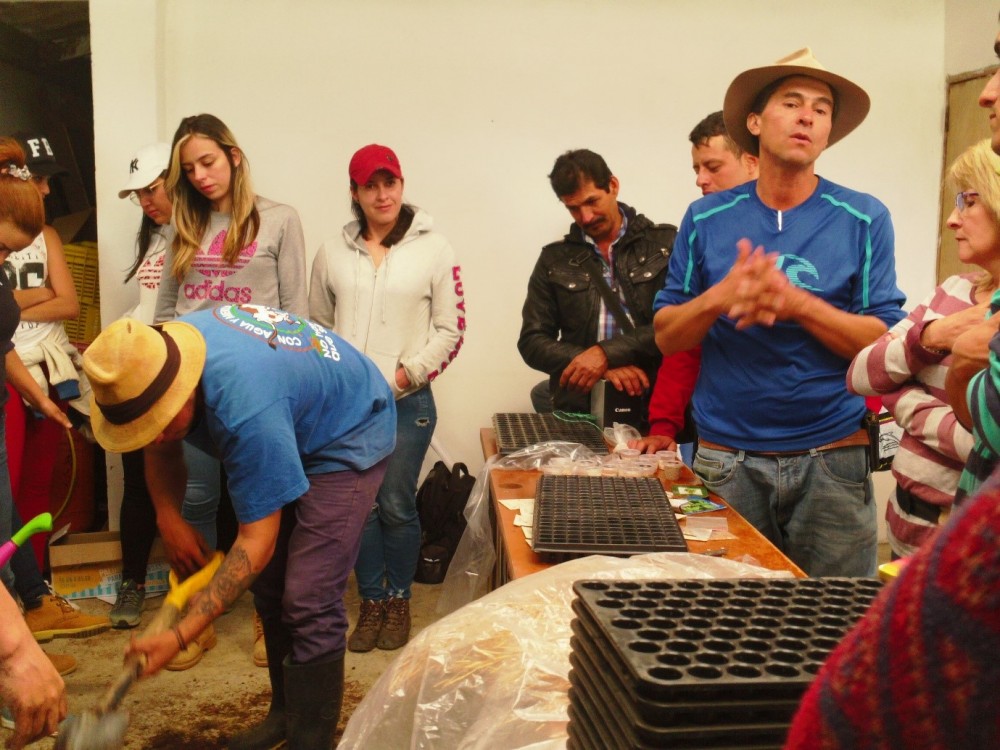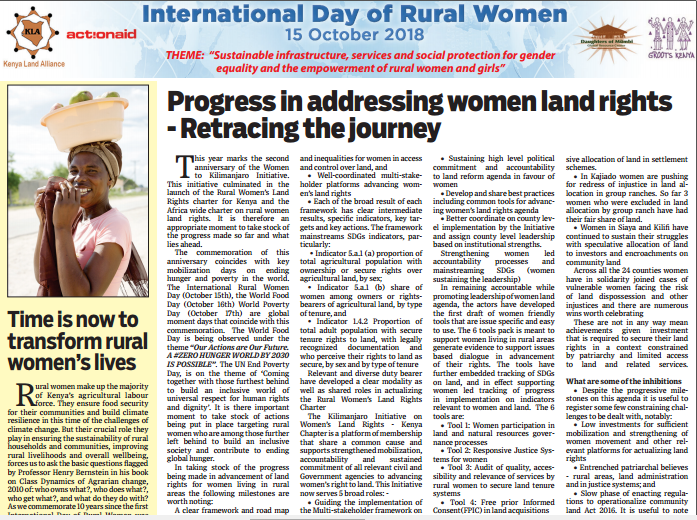Commonisation and decommonisation: Understanding the processes of change in the Chilika Lagoon, India
This article examines the processes of change in a large lagoon system, and its implications for how commons can be managed as commons in the long run. We use two related concepts in our analysis of change: commonisation and decommonisation; commonisation is understood as a process through which a resource gets converted into a jointly used resource under commons institutions that deal with excludability and subtractability, and decommonisation refers to a process through which a jointly used resource under commons institutions loses these essential characteristics.


